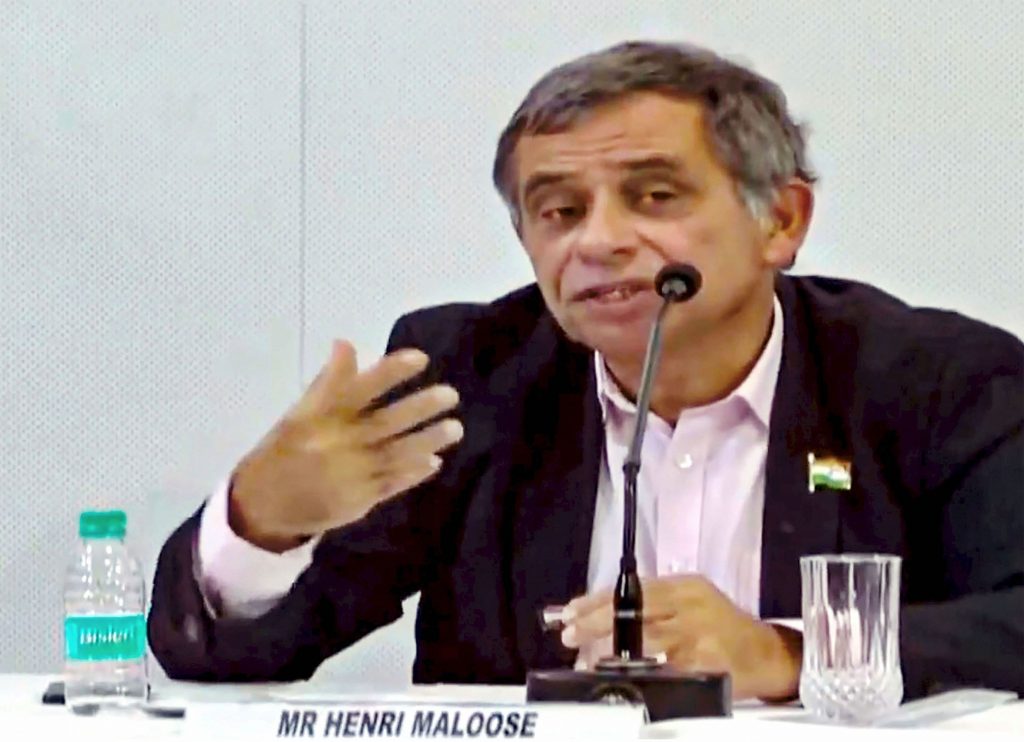Srinagar: On a visit to Kashmir, Members of European Parliament (MEPs) acknowledged Wednesday that the problems in the region were linked to terrorism and said it should not ‘become Syria or another Afghanistan’ which are afflicted by anarchy and widespread violence.
Interacting with mediapersons here at the end of their two-day unofficial visit to Kashmir, the EU MPs expressed strong backing for the government’s efforts to end terrorism and restore peace in the state. The delegation members said they were not here to interfere in Indian politics but to find out how they could help in addressing problems of Kashmir.
Hours ahead of the official announcement of the bifurcation of the state of Jammu and Kashmir into two Union Territories of Ladakh and J&K, members of the European Union (EU) said they support India in its war against terrorism as it is the largest democracy in the world.
Underlining that they did not want Kashmir to become Syria or another Afghanistan, a delegation member said, “We support India in finding the best solution.’
The EU members answering a question on the mounting tension between India and Pakistan, said, “They should talk instead of fighting.”
Henri Maloose of France expressed shock as the delegates were being labelled as ‘Islamophobics’, ‘fascists’ and ‘racists’. He thanked the Indian government for allowing them to visit Kashmir, and see things for themselves on the ground. The delegates also expressed grief and shock over the killings of five innocent persons Tuesday by terrorists in Kulgam.
This incidentally was the first visit of any foreign parliamentarian/dignitary to Kashmir since August 5 when the special status of the state was abrogated.
EU members of the UK, Brussels, France, Italy, Germany, Spain, Sweden, Denmark, Finland, Austria, Greece, Cyprus, Malta and others visited the Kashmir Valley and interacted with the army, civil administration, members of civil society, traders, lawyers, artisans, tour and travel operators and some politicians.
IANS
